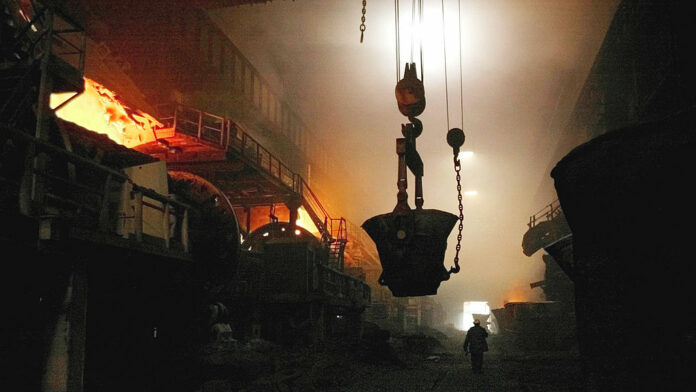
THE platinum group metals (PGMs) market would tighten after two Russian refiners were blocked from suppying an UK metal exchange, said Tharisa CEO Phoevos Pouroulis.
On April 8, the London Platinum and Palladium (LPPM) Market suspended two government-owned Russian platinum refiners from its good delivery and accreditation list. This followed a similar ban on certain PGM bands delivered by Russian refiners by the CME Group/NYMEX exchange. The Japan Exchange Group was also considering revoking Russia’s good delivery designation.
Krastsvetmet and Prioksky process production from Norilsk Nickel. While Norisk supplies most of its metal direct to clients, analysts asked if the bans were the shape of things to come. RMB Morgan Stanley said the LPPM and Nymex developments “… could be expected to heighten market concern around what the further consequences here could be”.
Pouroulis said that although demand from countries still trading with Russia continued to take its PGM production, the latest sanctions “… indicates the market will tighten”.
“Any operational shortfall by the major producing country, South Africa, will assist in the tight demand supply balance supporting prices and, unless there is a significant drop in economic activity, prices and the outlook for the next 24 months and the longer term remain firmly intact,” said Pouroulis.
UK bank Berenberg said there was “… scope to provide some sustained tightness in the palladium market and, to a lesser extent, the platinum market”.
China accounts for the largest share of palladium consumption at just under 30% or about 3.1 million ounces on average, according to a report today by UBS. North America and Europe account for 20% each, while Japan consumes about 11%. However, Russian trade flows show that 60% of exports land initially in Europe and the US, and only 6% in China.
UBS said the sanctions on Russian refiners was likely to support elevated prices for PGMs in the short term. Futures trade in palladium had moved into backwardation. “This reinforces our view that upside price risks are more concentrated in the near term, given the potential for supply issues to tighten the market,” the bank said.
Since late March, the palladium price has gained about 20% higher on concerns about potential supply disruptions. Russia has more than 40% share of global mine output, the bank said.
Tharisa reported a 17% gain in the average PGM price to $2,806 per 6E ounce in the second quarter which would offset lower production. In addition, the chrome price was about 10% higher.
The company’s cash balance at the close of the quarter improved to $102m after paying a final dividend of $14m. Debt was also slightly increased to $76m compared to $55m at the close of the previous quarter owing to a temporary working capital movement.









